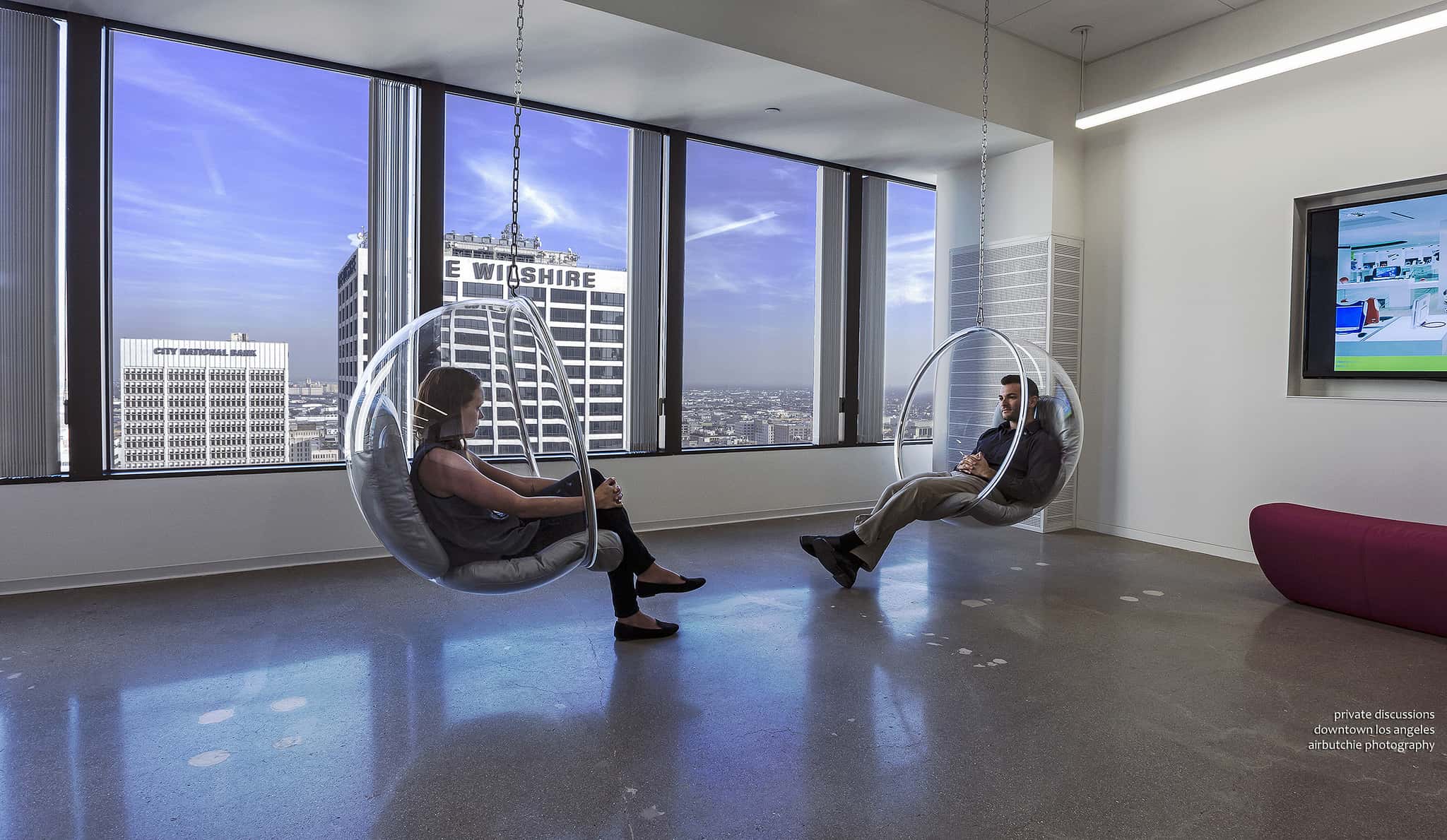Guided Internet-delivered cognitive behavioural therapy (ICBT) is an effective treatment of social anxiety disorder (SAD). However, the treatment is not effective for all. The amount and type of therapist contact have been highlighted as a possible moderator of treatment outcome.
In a study that we recently publiched the aim was to examine whether treatment effects of ICBT are enhanced with an initial 90 min face-to-face psychoeducation session for university students with SAD.
Method
University students with SAD (N = 37) were randomized into one out of two conditions: 1) an initial therapist-led face-to-face psychoeducation session followed by guided ICBT, 2) guided ICBT without an initial psychoeducation session. Data was analysed with an intent-to-treat approach.
Results
Eight participants (21.6%) dropped out of treatment. A statistically significant reduction in symptoms was found for all outcome measures for both groups. There were no significant additional effects of adding the initial face-to-face psychoeducation . Moderate to large within-group effect sizes on self-rated social anxiety symptoms were found at post-treatment (d = 0.70–0.95) and at a six month follow-up (d = 0.70–1.00). Nearly half of the participants were classified as recovered.
Conclusions
Notwithstanding limitations due to the small sample size, the findings indicate that guided ICBT is an effective treatment for students with SAD. Adding an initial face-to-face psychoeducation session to the guided ICBT did not lead to enhanced outcomes in the present study.
Read the full paper:
Nordmo, M., Sinding, A. I., Carlbring, P., Andersson, G., Havik, O. E., & Nordgreen, T. (2015). Internet-delivered cognitive behavioural therapy with and without an initial face-to-face psychoeducation session for social anxiety disorder: A pilot randomized controlled trial. Internet Interventions, 2(4), 429-436. doi: 10.1016/j.invent.2015.10.003
